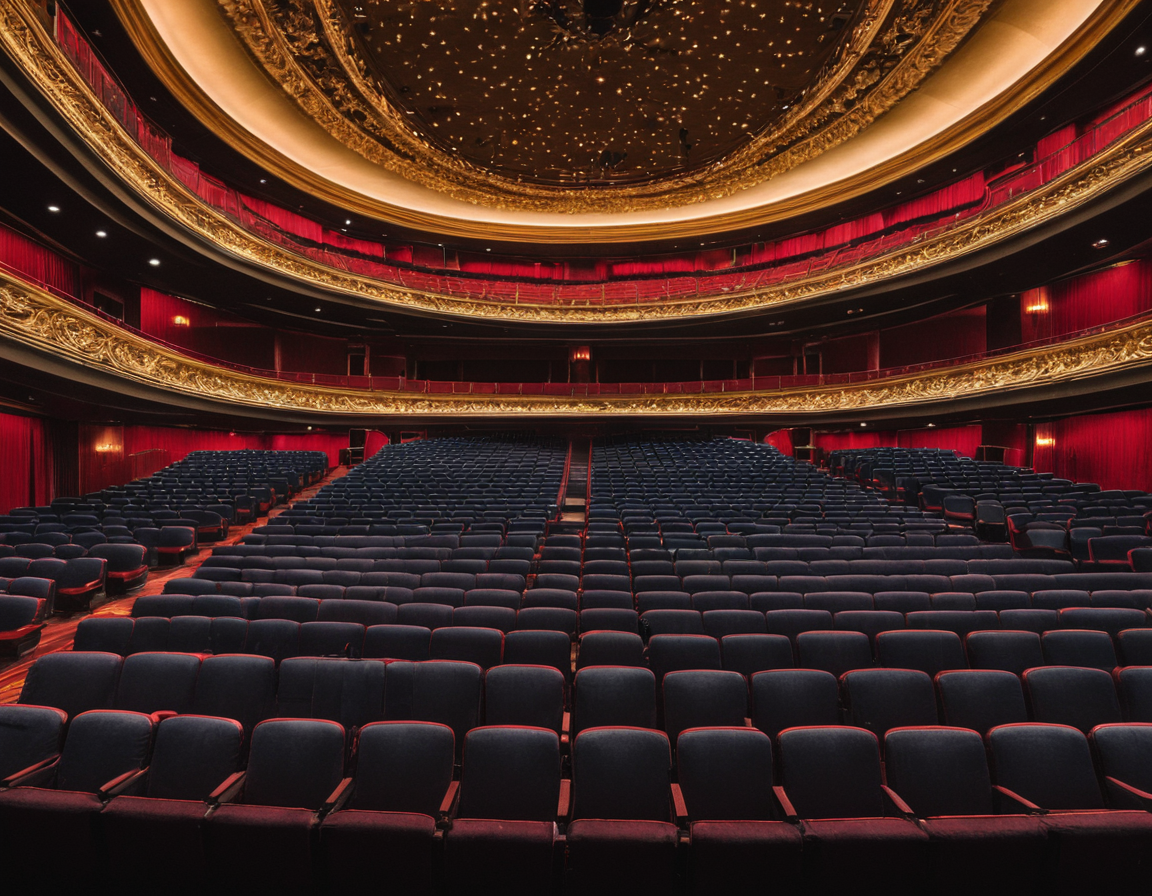Unveiling the Magic: How Entertainment Venues Cater to Diverse Audiences

In today’s world, entertainment venues are not just places where people go for fun and relaxation; they have become a melting pot of diverse cultures, preferences, and needs. From theme parks to concert halls, these establishments strive to cater to the varied interests and desires of their audience members. In this blog post, we will explore how entertainment venues are embracing inclusivity and adapting to the evolving tastes of society.
Accessibility: A Key Factor in Catering to Diverse Audiences
One significant aspect that entertainment venues must consider is accessibility. Ensuring that all guests can comfortably enjoy their visit, regardless of physical or mental abilities, has become an essential part of providing excellent customer service. Many concert halls and theaters now offer audio description services for visually impaired audience members, while amusement parks are making efforts to include accessible rides and attractions in their designs.
Cultural Sensitivity: Acknowledging Diverse Backgrounds
Another crucial element is cultural sensitivity. Entertainment venues must be aware of the diverse backgrounds that make up their audiences and adapt accordingly. This can range from offering food options catering to various dietary restrictions (such as halal, kosher, or vegan meals) to incorporating elements from different cultures in their performances or displays. For instance, Disney theme parks have been known to modify specific attractions for Middle Eastern visitors who may prefer not to see depictions of alcohol consumption.
Inclusive Performances: Representing a Wide Range of Identities
As society becomes more aware of the importance of representation, entertainment venues are also adjusting their performances and events to include diverse identities. This can involve featuring artists from underrepresented communities or incorporating themes that resonate with marginalized groups. The Broadway musical “Hamilton,” for example, not only features a predominantly non-white cast but also tackles historical topics related to race and immigration in the United States.
Personalization: Tailoring Experiences for Individual Needs
Lastly, entertainment venues are now focusing on personalizing experiences to cater to individual needs. This can be achieved through customer surveys or tailored suggestions based on previous interactions with a venue. Theme parks, for instance, may offer customized itineraries that take into account guests’ preferences and physical abilities, ensuring they have the best possible visit.
In conclusion, entertainment venues are increasingly understanding the need to cater to diverse audiences in an inclusive manner. By focusing on accessibility, cultural sensitivity, representative performances, and personalization, these establishments ensure all visitors can enjoy their time while feeling seen and valued. As we continue moving towards a more accepting society, it is crucial that this trend of inclusivity and adaptability in the entertainment industry continues to grow.

Keywords: Entertainment Venues, Diverse Audiences, Accessibility, Cultural Sensitivity, Inclusive Performances, Personalization
